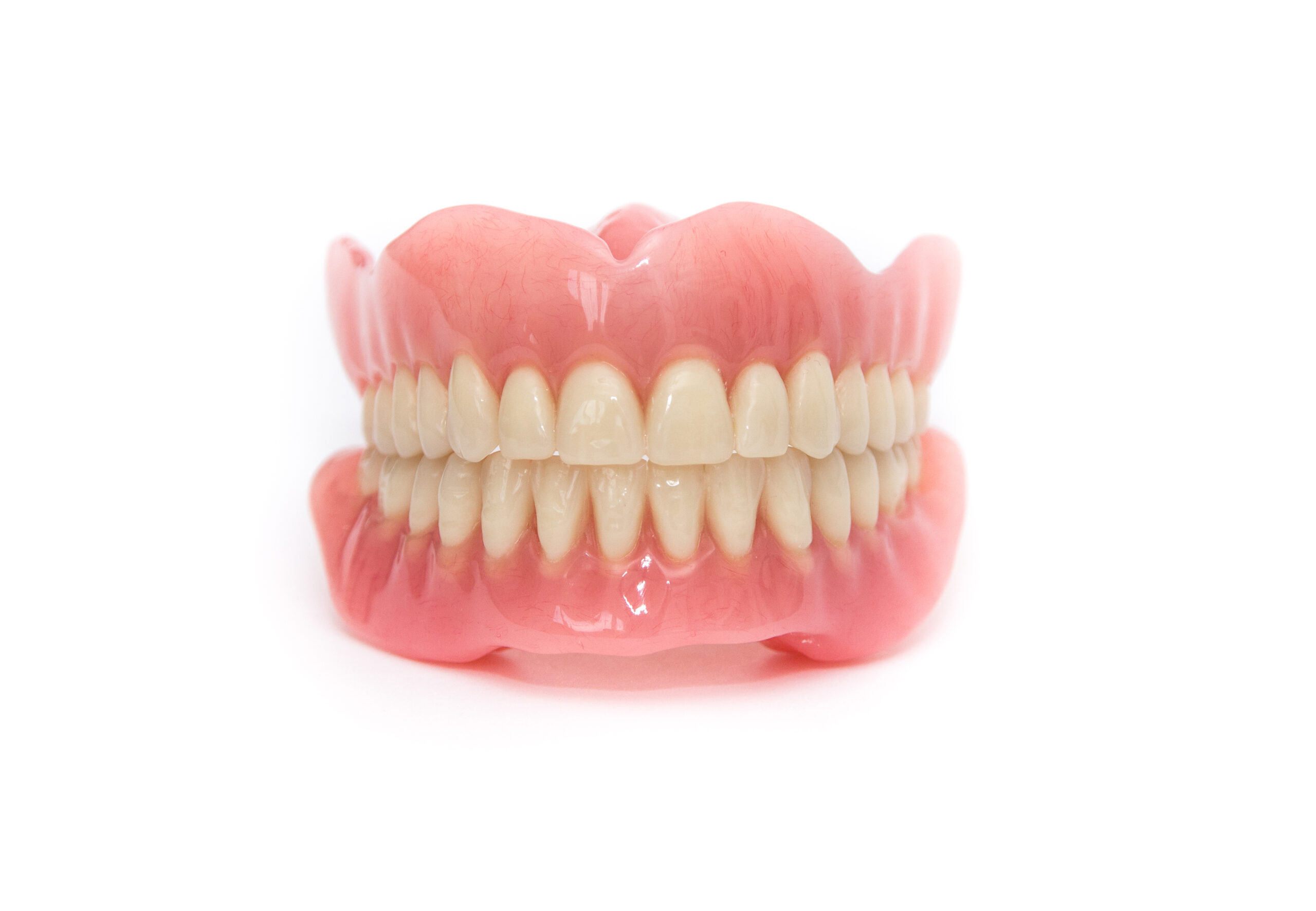DENTURES
Customized, Natural Looking, Improved Functionality
Dentures
Customized Solutions
We understand that every patient is unique, which is why we offer custom-made dentures tailored to your specific needs and preferences.
Natural-Looking
Our dentures are meticulously crafted to resemble natural teeth, ensuring a seamless blend with your smile.
Improved Functionality
Did you know that dentures aren’t just about aesthetics? They can also improve your ability to eat, speak, and socialize comfortably!
Frequently Asked Questions
What kind of dentures do you provide?
We offer both partial and full dentures, available in metal and acrylic options.
- Metal dentures provide a better fit, are thinner, and highly durable, making them less likely to break. However, they do not allow for additional teeth to be added later on.
- Acrylic dentures, on the other hand, are more cost-effective and offer a natural appearance, though they tend to be bulkier. A key advantage is that teeth can be added to acrylic dentures in the future if needed.
Are there any alternatives to Dentures?
What can I expect after getting dentures?
It’s important to have realistic expectations about the outcome of dentures. While they can greatly improve your smile and chewing ability, they may take some time to adjust to, and they may not feel exactly like natural teeth. Understand that there will be an adjustment period after getting dentures. Initially, you may experience some discomfort, difficulty speaking, and increased saliva production. Your dentist will provide guidance on how to manage these symptoms.
How can I maintain my dentures?
Dentures require regular maintenance to keep them clean and functional.
- Remove and rinse dentures after eating. Run water over your dentures to remove food debris and other loose particles. You may want to place a towel on the counter or in the sink or put some water in the sink so the dentures won’t break if you drop them.
- Handle your dentures carefully. Be sure you don’t bend or damage the plastic or the clasps when cleaning.
- Brush your dentures at least daily. Remove and gently clean your dentures daily. Soak and brush them with a soft-bristled brush and nonabrasive denture cleanser to remove food, plaque and other deposits. If you use denture adhesive, clean the grooves that fit against your gums to remove any remaining adhesive. Don’t use denture cleansers inside your mouth.
- Rinse dentures thoroughly before putting them back in your mouth, especially if using a denture-soaking solution. These solutions can contain harmful chemicals that cause vomiting, pain or burns if swallowed.
- Schedule regular dental check-ups. Your dentist will recommend how often to visit to have your dentures examined and professionally cleaned. Your dentist can help ensure a proper fit to prevent slippage and discomfort, and also check the inside of your mouth to make sure it’s healthy.
You typically should avoid:
- Abrasive cleaning materials. Avoid stiff-bristled brushes, strong cleansers and harsh toothpaste, as these are too abrasive and can damage your dentures.
- Whitening toothpastes. Toothpastes advertised as whitening pastes often contain peroxide, which does little to change the color of denture teeth.
- Bleach-containing products. Don’t use any bleaching products because these can weaken dentures and change their color. Don’t soak dentures with metal attachments in solutions that contain chlorine because it can tarnish and corrode the metal.
- Hot water. Avoid hot or boiling water that could warp your dentures.
Please call and book an appointment if your dentures becomes loose or ill fitting. Loose dentures can cause irritation, sores and infection.

